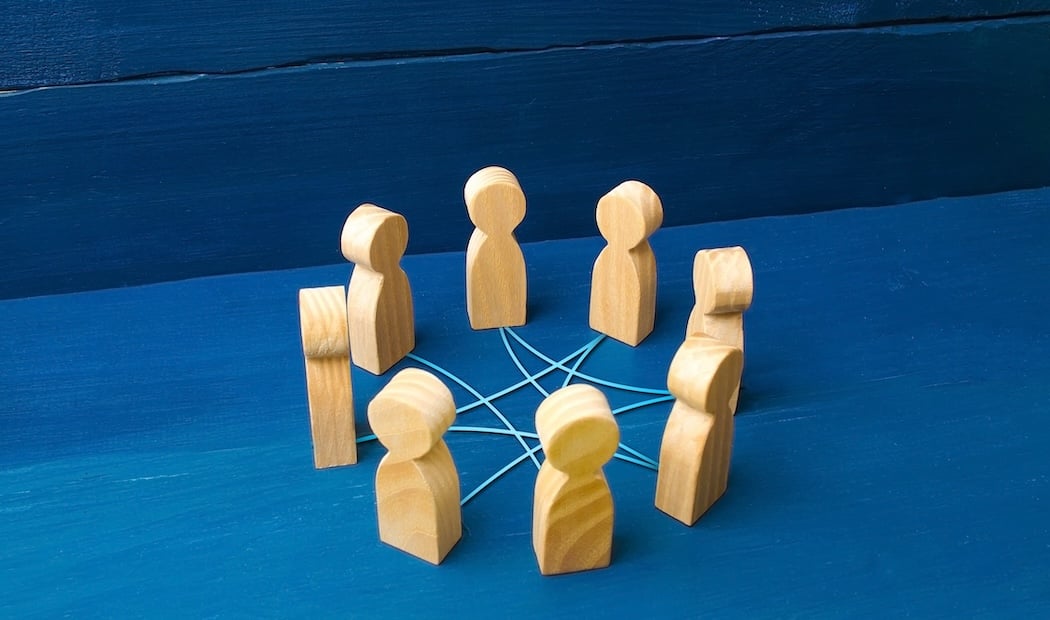Millennials aren’t the future of work—they’re the now. As the largest generation in the workforce today, millennials (born between 1981 and 1996) are reshaping workplace expectations, priorities, and culture. And at the top of their list? Recognition.
Raised in the digital era and molded by global change, millennials are seeking more than just a paycheck. They crave purpose, feedback, inclusion, and a sense of belonging. In this evolving work landscape, recognition platforms like Karma are proving to be more than a nice-to-have—they’re a cultural cornerstone.
Let’s explore how recognition technology is not only meeting millennials where they are but helping companies attract, engage, and retain this pivotal generation.
Understanding the Millennial Mindset
To appreciate the power of recognition platforms in shaping millennial-friendly workplaces, we need to first understand what makes this generation tick.
According to Deloitte’s 2023 Global Millennial Survey:
- 49% of millennials would leave their job in the next two years if given the choice.
- 44% say that feeling appreciated and valued drives their loyalty.
- 61% prefer frequent feedback over annual reviews.
- 75% want their work to have a positive impact on society.
Millennials grew up during a time of rapid change—technological, economic, and cultural. They entered the workforce during or after the 2008 recession and now lead teams in a post-pandemic, remote-first world. They value autonomy, authenticity, and above all, acknowledgment.
This generation isn’t asking for participation trophies. They’re asking for fair, meaningful, and personalized recognition that reflects their contributions, values, and potential.
Why Recognition Matters More to Millennials
While every generation appreciates acknowledgment, millennials expect it—and they notice when it’s missing.
Traditional top-down recognition models—like the “employee of the month” plaque or annual performance reviews—no longer cut it. Millennials want real-time, peer-powered, values-driven recognition. And they want it embedded into the rhythm of their work.
A Gallup study found that millennials who receive regular recognition are:
- More than twice as likely to be engaged at work.
- Three times as likely to stay with their company for five or more years.
- Four times as likely to recommend their workplace to others.
Recognition is more than a moment—it’s a signal of respect, inclusion, and belonging. When done right, it validates effort, strengthens team cohesion, and fuels motivation.
The Rise of Recognition Platforms
So how do modern organizations meet the expectations of a millennial workforce? Enter: recognition platforms.
Digital recognition tools like Karma are designed for today’s hybrid, fast-moving, and feedback-driven workplace. They bring appreciation into the platforms teams already use—Slack, Microsoft Teams, or remote collaboration tools—and make it part of everyday communication.
These platforms enable:
- Peer-to-peer recognition: Empowering employees to recognize each other directly.
- Real-time feedback: Instant kudos, not delayed praise.
- Visibility and transparency: Recognition is seen by others, amplifying impact.
- Cultural alignment: Tying recognition to company values or goals.
- Rewards integration: From virtual badges to tangible perks.
More than tools, recognition platforms help cultivate a culture of gratitude—one that millennials actively participate in and champion.
How Recognition Platforms Shape Millennial-Friendly Cultures
1. They Support Frequent, Meaningful Feedback
Millennials grew up in the age of comments, likes, and instant validation. While the workplace doesn’t need to mirror social media, it must reflect the value of timely feedback.
Recognition platforms deliver short, specific, and frequent acknowledgments that reinforce progress and effort—not just results. They help shift the culture from “feedback once a year” to “appreciation as you go.”
2. They Promote Inclusivity and Psychological Safety
When everyone has the power to give and receive recognition, it democratizes appreciation. Platforms like Karma help ensure recognition isn’t limited to extroverts or top performers—it becomes accessible to everyone.
For millennials who value inclusivity and equity, this peer-powered approach reinforces psychological safety and a sense of belonging.
3. They Foster Purpose and Connection
Recognition that’s linked to core values or mission helps millennials see how their work contributes to something bigger.
For example, a shout-out that says “Thank you for embodying our value of transparency in today’s client call” does more than praise—it connects the dots between daily tasks and deeper purpose.
4. They Elevate Remote and Hybrid Work Experiences
Many millennials now lead or work in distributed teams. Recognition platforms bridge the distance by making appreciation visible, intentional, and easy—no matter where someone is.
A digital “thank you” or badge in Slack can go a long way in building connection across time zones.
5. They Provide Data for Better Culture Decisions
Recognition platforms generate insights—who’s getting acknowledged, who’s being left out, which values are most celebrated. This data helps HR leaders and managers track engagement, identify gaps, and nurture a more balanced and connected culture.
Real-World Impact: Recognition Drives Results
Let’s talk numbers. According to a report from SHRM and Workhuman:
- Companies with strategic recognition programs see a 28.6% lower frustration level in employees.
- Employees in companies with strong recognition cultures are 63% more likely to stay at their job in the next 3-6 months.
- When recognition hits the mark, employees are 5x more likely to be connected to company culture.
And companies that score high on recognition are 12x more likely to have strong business outcomes—including customer satisfaction, productivity, and innovation.
Put simply: recognition is good for people and great for business.
Karma: Building Millennial-Friendly Cultures One Kudos at a Time
Karma was designed with modern teams in mind. It’s fast, fun, and flexible—perfect for the recognition needs of millennial-driven workplaces.
With Karma, you can:
- Give kudos in Slack or Teams with just a few clicks.
- Tie recognition to company values or goals.
- Celebrate birthdays, milestones, and moments that matter.
- Track engagement trends with built-in analytics.
- Offer customizable rewards or just keep it praise-only—your choice.
Whether your team is fully remote, hybrid, or in-office, Karma meets them where they are and helps build a culture where everyone feels seen and valued.
Final Thoughts: The Culture Millennials Want—And Deserve
Millennials have redefined success—not as climbing a corporate ladder, but as doing meaningful work in a culture that values them.
If companies want to attract and keep top millennial talent, they must evolve from transactional to human-centric leadership. Recognition platforms are a powerful bridge to that future—one where appreciation flows freely, feedback is constant, and culture is built intentionally.
It’s not about likes. It’s about listening. It’s not about perks. It’s about purpose. And it all starts with two simple words: Thank you.
Ready to create a culture that speaks to the next generation of leaders? Start with recognition. Start with Karma’s 30 day free trial and start building a culture where appreciation is more than a buzzword—it’s a way of life.


 Recognition and Retention: A Vision for the Workplace of the Future
Recognition and Retention: A Vision for the Workplace of the Future